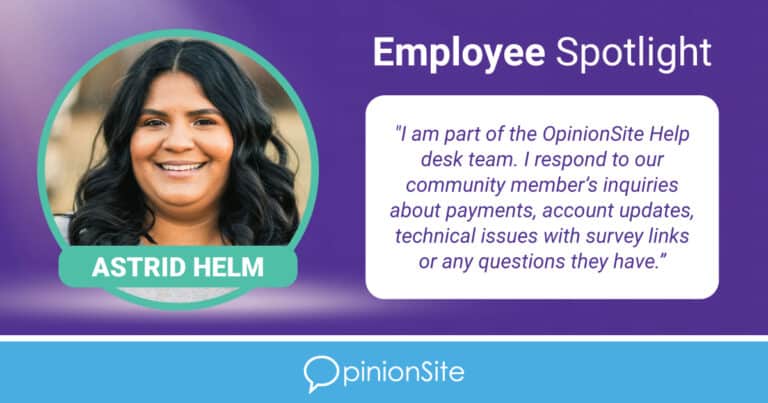Spontaneous abortion or miscarriage is a common problem our patients face every day. About 15% of all pregnancies will result in this unfortunate outcome.1,2 We are all well versed in the various treatment options to address this medical problem but may be less familiar with ways to help emotionally support our patients and their families through this challenging time. We need to recognize this as a loss for her and her family so we can offer assistance and guidance to better support them as they integrate this difficult event.
Guilt and anger are common emotions after pregnancy loss. It is important for us as clinicians to provide important medical information to alleviate some of these feelings. Women should know that most losses, especially those in early pregnancy are due to a chromosomal or structural abnormality in the pregnancy. It is not the result of anything they did or did not do that would have altered the outcome. Often I use the analogy of a roll of the dice that is covered. The result is what it is; we just have to wait to discover the result. She should be reassured that her risk for future pregnancies is not increased.
How many of us have heard our patients be told from family and friends statements like “Oh better it happened early” or “You’re young – you can try again soon.” While well intentioned, many of these comments are not supportive and may evoke feelings of anger or regret to women and families already in pain. We can help our patients by simply acknowledging their loss and conveying our sympathies. It is also useful to inform our patients they may receive comments that are perceived as less than helpful. Rarely is this the act of someone trying to be hurtful; rather it reflects an inability of knowing the right thing to say.
As clinicians, it is critical for us to acknowledge our patients’ loss. Explain there is not a prescription that can be written to provide a roadmap for grieving. Unlike in Eastern cultures, there is no ceremony to mark this tragic event. Using support from friends, family, clergy, and support groups are all effective tools and each woman needs to consider while working through that process of grieving. There will be good days and others that are less so and like after any loss, she will come out changed and hopefully have gained some important insights. Certainly she should feel she can reach out to us anytime if she needs additional assistance. Being attentive to the emotional needs of our patients is as important as providing the best treatment option. We owe this to our patients!
References:
- Up to Date. Pregnancy loss : Clinical presentations diagnosis and initial evaluation by Prague et. Al.
- ACOG Practice Bulletin number 200 Early Pregnancy Loss November 2018. https://www.acog.org/clinical/clinical-guidance/practice-bulletin/articles/2018/11/early-pregnancy-loss




